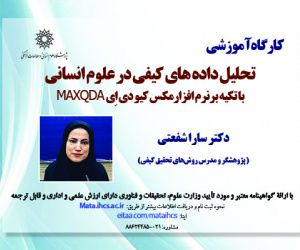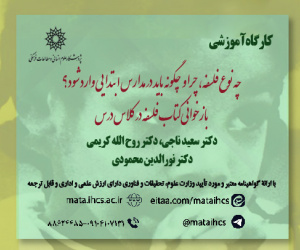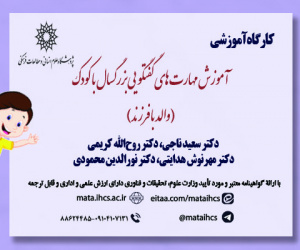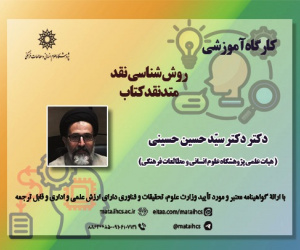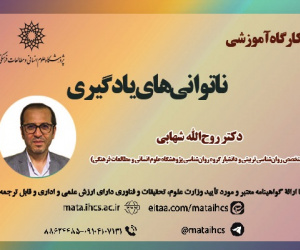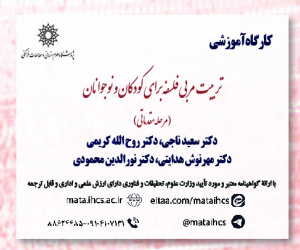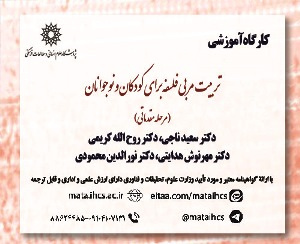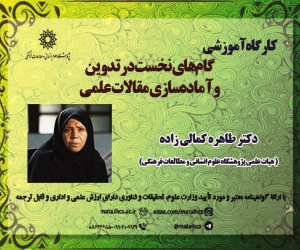ماهیت حکمرانی مقاومت در قرآن کریم (مقاله پژوهشی حوزه)
درجه علمی: علمی-پژوهشی (حوزوی)
آرشیو
چکیده
امروزه داشتن نظام حکمرانی، از سبب های پیشرفت کشورها شمرده می شود. از همان ابتدای آغاز نهضت تاکنون، حکمرانی مقاومت یکی از برجسته ترین، بنیادی ترین و کارآمدترین انواع حکمرانی اسلامی، شاخص ترین سبب پیشرفت جمهوری اسلامی ایران بوده است. حکمرانی اسلامی و به تبع آن حکمرانی مقاومت اسلامی، جدای از مبادی و مبانی توحیدی قابل درک نیست؛ چراکه خداوند بلندمرتبه در قرآن کریم، حق حکم، حکومت و حکمرانی را برای خود می داند و از این رو، می توان گفت تنها حق و حقیقت، می تواند سرچشمه حکم و حکمرانی اسلامی باشد. برای تدوین حکمرانی مقاومت، لازم است به قرآن کریم روی بیاوریم و ارزش ها، ساختارها و مسایل گوناگون حکمرانی را ازآن برداشت کنیم. در این پژوهش با روش توصیفی تحلیلی و با بهره گیری از نظریه دو فطرت، با چارچوب نظری سازه حرکت (مبداء و مقصد، متحرک و محرک و زمان و مکان) در حکمت متعالیه، تعریفی جامع از حکمرانی مقاومت اسلامی بیان می شود. حکمرانی مقاومت عبارت است از: راهبرد پیشبرد امر مقاومت در برابر آسیب های درونی و تهدیدهای بیرونی توسط کنش گر یا کنش گران در تمامی سطوح ، جنبه ها و بخش های گوناگون و در پیوند با دیگر ذی نفعان، ذی ربطان و اجزا، از مبدا تا مقصد و براساس محرک ها در بستر زمان و مکان.The Nature of Resistance Governance in the Holy Quran
Today, having a governance system is considered one of the reasons for the progress of countries. From the very beginning of the movement until now, the governance of resistance has been one of the most prominent, fundamental, and efficient types of Islamic governance, the most significant reason for the progress of the Islamic Republic of Iran. Islamic governance and consequently the governance of Islamic resistance cannot be understood apart from the principles and foundations of monotheism, because God in the Holy Quran considers the right to rule, government, and governance to be for Himself, and therefore, it can be said that only God can be the source of Islamic rule and governance. To formulate the governance of resistance, it is necessary to turn to the Holy Quran and understand the values, structures, and various issues of governance from it. In this study, using a descriptive-analytical method and the theory of two fiṭrah, with the theoretical framework of the structure of movement (origin and destination, mover and motivator, time and place) in transcendent theosophy (al-Hikmat al-muta’āliyah), a comprehensive definition of the governance of Islamic resistance is expressed. Resistance governance is a strategy for advancing resistance against internal harms and external threats by an actor or actors at all levels, aspects, and various sectors, in conjunction with other stakeholders, stakeholders, and components, from origin to destination, and based on drivers in the context of time and space.

